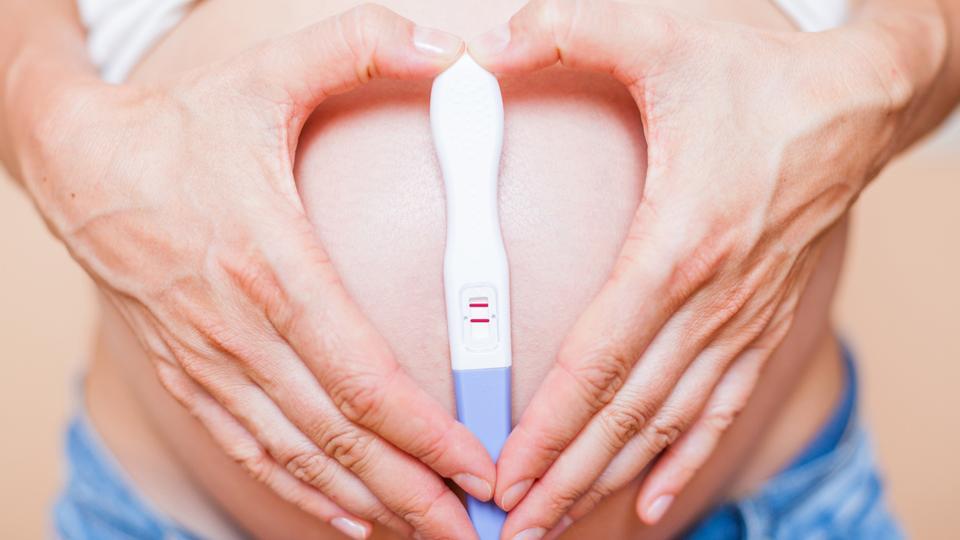
When you’re trying to get pregnant, you’ll start to notice all the babies and pregnant women around you, the cute announcements on Facebook, the moms pushing strollers down the street, and the women with baby bumps at work or in line at the coffee shop. It can start to feel like everyone else is getting pregnant whilst you’ve been trying for months. However, take heart, it’s normal for it to take a while.
But how do you know when it’s time to talk to a doctor about your fertility?
1. If you are under 35 and healthy:
Most of average young couples do get pregnant after a year of trying, so
it’s common for a normal young couple to take 12 months or more to get pregnant. Conception is a delicate dance of sperms and eggs. So it is not a guarantee even if you’re timing things right.
Young couples in their 20’s and early 30’s with no known conditions affecting their fertility, should try to conceive for 12 months without using birth control before meeting a fertility specialist.

2. If certain conditions affect fertility:
If there are conditions affecting your fertility, it makes sense to get treatment before spending a full six months or a year trying to get pregnant naturally. Talk to your physician if you have a history of:
- Pelvic inflammatory disease
- Fibroids
- Endometriosis
- Polycystic ovarian syndrome
- Sexually transmitted infections
- Blocked fallopian tubes due to infection
- Previous pelvic or abdominal surgery
- Chronic illness such as diabetes, cancer or thyroid disease
3. If you have menstrual period & other problems
Without being diagnosed with any medical conditions listed above, you should consult your physician if you find it difficult to conceive together with these symptoms:
- Problematic menstrual period (absent, irregular, painful, prolonged, heavy)
- Pelvic pain
- Severe hair loss
- Severe acne problem
- Excessive facial and body hair
4. If you are over 35 and healthy:
After 35, a woman is in an ‘advanced maternal age’. A woman’s egg supply is believed to decrease over time after the age of 35. If you are healthy, wait for six months. After 6 months and if you still haven’t conceived yet, consult a fertility specialist.
5. If you are over 40:
It is best to consult a fertility specialist soonest. After 40, a woman’s eggs drop in both quality and quantity. That is why, not only do the chances of getting pregnant get slimmer, but the rate of miscarriage is also high. At the age of 40, about 50% of women’s embryos contain an abnormal number of chromosomes which can affect the formation of the fetus.

6. If your Body Mass Index (BMI) is high or low:
Your body weight can affect the reproductive function and the hormonal balance of your body. Women with a BMI under 18 or over 30 will be at a higher risk of developing infertility issues and complications during pregnancy. If your BMI is high or low, you should discuss with your physician how to control your BMI before you try to conceive. However, it is not a really big problem if you are ovulating regularly.
Visit here to measure your BMI with the BMI calculator.
7. If you have a thyroid problem:
Consult a physician as soon as possible if you are trying to conceive. Thyroidism can affect a normal healthy pregnancy, increase the risk of miscarriage and abnormal fetal brain development. If you are already on medication, then it shouldn’t be a problem.
8. If your mum went through menopause early:
Be aware if there is a family history of early menopause in your family. If you are still ovulating, you may get pregnant on your own. But it is best for you to consult a fertility specialist, run a simple blood test and ultrasound to check how your supply of egg is doing.
A baby signals hope, joy and marital bliss but infertility can hamper this beautiful dream and result in significant emotional stress in a relationship. Understanding fertility is therefore an increasingly important subject for every couple so they can plan and prepare for pregnancy.